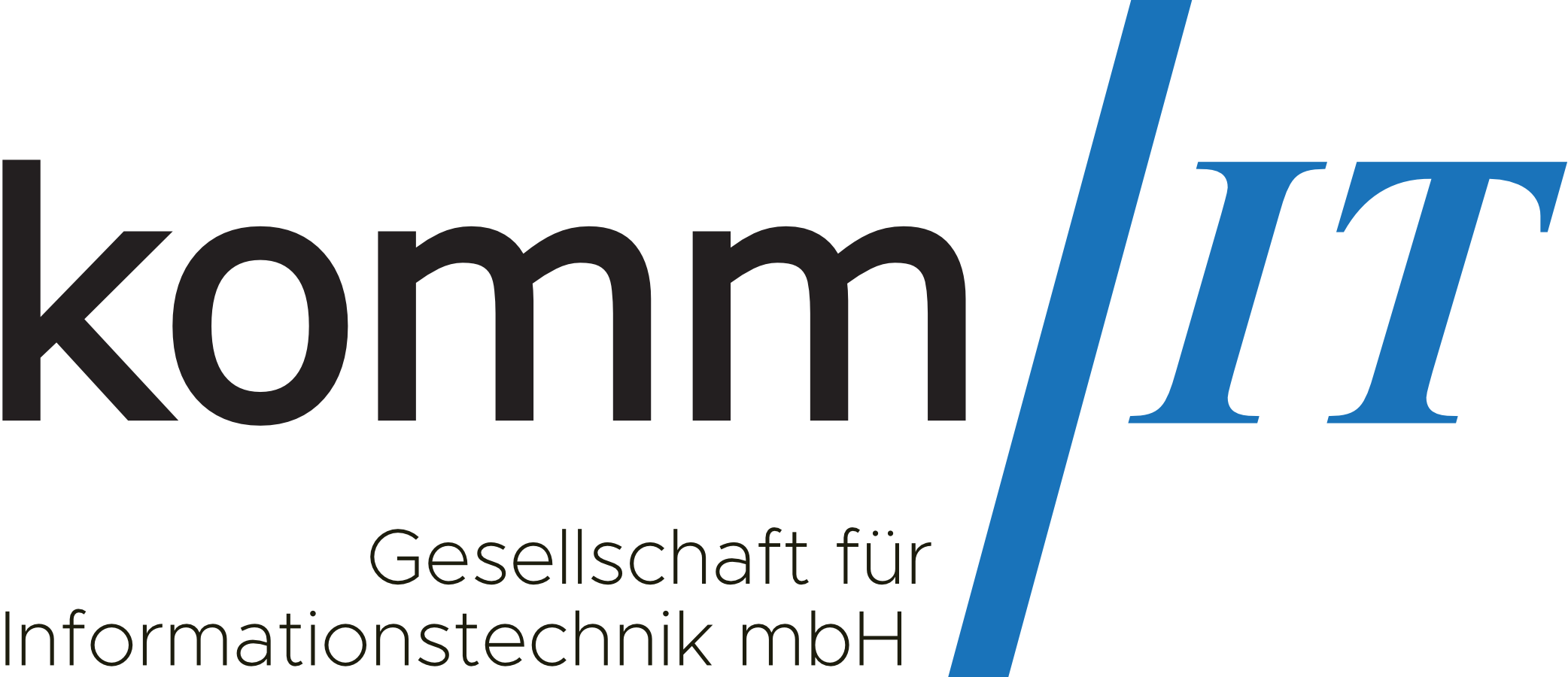


Germany
Germany

Indutry
IT Services
Company Overview
With more than 20 years of experience, KommIT is a key player in the digitalization of government and public administration in Germany. The consultancy supports various public entities and organizations with a large portfolio of technical solutions and professional services to help accelerate the pace of digitalization.
- Industry: IT services (public sector)
- Headquarters: Cologne, Germany
- Website: https://www.komm-it.de/
With business growth comes increased complexity
Digitalizing paper-based processes can go a long way towards improving the efficiency and quality of public services. And German administrations have become quite aware of the fact. Accordingly, local digitalization services provider KommIT has recorded a drastic growth in business volume over the past years. From software implementation to complex infrastructure mega-projects, the consultancy has been running increasing numbers of key initiatives on behalf of government clients.
Along with the ramp-up in business activity came increased complexity, which drew renewed focus on fundamentals such as budget and schedule adherence. KommIT then decided to act to improve the dropping success rate of its projects.
Moving to the next level with Sciforma
A few years back, KommIT had implemented and deployed Sciforma 6. However, they used to limit their usage of the tool to a couple of basic features and spaces — such as the Gantt chart and timesheets. Used as a mere Excel alternative, the PPM tool was hardly able to give its full measure and deliver real benefits.
It all changed when Stefan Georg Müller took over as Head of Project Management in 2018 his aegis, the firm upgraded to version 7.1, started harnessing a much broader range of tool capabilities, and made Sciforma the single source of truth underpinning the whole PPM process.
Upon realizing that the project success rate was sub-par, KommIT decided to review their process and found out it showed room for improvement. Then began an effort to evaluate the efficiency of project management practices, assessing what was done right and what was done wrong, in order to correct the course. The resulting methodological framework was embedded into Sciforma to support project managers and help them stick to the right path.
Note: KommIT uses a combination of agile, traditional, and hybrid project management methodologies, depending on the scope, nature, and complexity of the project at hand.
Benefits of a professional PPM tool
What makes the strength and value of a PPM tool is arguably its multi-dimensional capabilities. The ability of Sciforma to reveal and manage interconnections across resources, budgets, stakeholders, risks, workflows, and more is eliminating complexity for project managers, helping them deliver on-scope, on-budget and on-time projects.
The platform’s built-in communication and collaboration features also drove a drastic reduction in email communications — which are said to reduce efficiency by about 30%.
Now that the company is using Sciforma daily to manage project lifecycles, from briefing to billing, facilitated administration has empowered project managers to increase fivefold the number of projects they’re able to manage simultaneously.
Overall, Komm IT has recorded stellar results:
- 94% increase in project success rate
- 97% increase in projects within budget
- 52% decrease in time spent generating reports, searching for project info, etc.
- 324% increase in project volume
We needed the best professional tool to support our professional project managers
Stefan Georg Müller, Head of Project Management
Towards even more intelligence
Among the plans of KommIT to further improve PPM processes and project success is the projected integration of artificial intelligence capabilities into Sciforma. The goal is to leverage AI to help identify and manage the impact of any change or deviation in a project across the various areas and disciplines it may affect (budget, resources, risks, stakeholders, etc.). Some AI functionality has already been implemented in Sciforma, and the PMO is now planning to leverage interfaces to integrate AI processes in a more seamless manner.





